
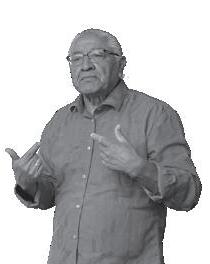

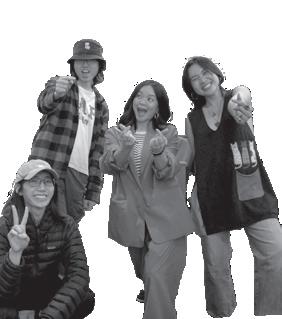
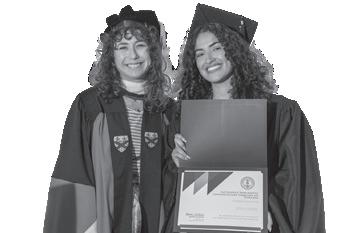
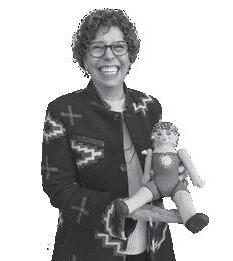
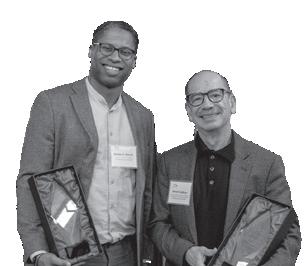














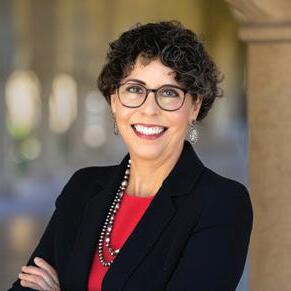
This year at CCSRE was productive and even joyful. Despite the cloud of concern that many feel due to budget cuts and ongoing threats to our own and our families’ safety because of changes at the federal level, CCSRE’s faculty, staff, and students have found ways to prevail. Teresa LaFromboise convened an Indigenous Language Liberation Conference that demonstrated positive outcomes for educational and psychological resilience when communities are engaged in Indigenous language learning. José David Saldívar collaborated with staff at El Centro Chicano y Latino at the Galarza Lecture to highlight the musical genius of Dr. Alex Chávez, Associate Professor of Anthropology and creator of the album Sonorous Present. Stephen Sano joined others to take a strong stance supporting affirmative action and sponsored workshops on struggles for power in Asian American communities, while Vered Shemtov oversaw an important lecture series entitled “Being Jewish Today” that included speakers such as journalist Peter Beinart, author of Being Jewish After the Destruction of Gaza: A Reckoning. Alfredo Artiles and Alberto Diaz-Cayeros together hosted eight Faculty Seminar Series and three Chautauqua events highlighting research about race and ethnicity done by faculty and postdoctoral fellows from across the university. Artiles also funded the “Arab Futures and Pasts: Palestine+” Faculty Research Network headed by Alexander Key and Nora Barakat and welcomed the community to the Research Institute Open House where he awarded the inaugural Mentorship Award to Jordan Starck and Ramón Saldívar. Meanwhile, Ramón Saldívar labored with CCSRE’s teaching and administrative staff to support CCSRE’s transformed core curriculum. And I was pleased to host author Tommy Orange at the 20th Annual Anne and Loren Kieve Distinguished Lecture where he discussed the complexities of Native identity and the importance of art in difficult times.
More than anything, the research being done by CCSRE’s PhD minors and undergraduate students gives us hope. These young persons understand the dynamics of racialization and are paying attention to the atrocities—and resistances—that are taking place on, within, and beyond our nation’s borders. As we look toward that “one-day distant future” in which everyone is afforded dignity, justice, and freedom, we applaud our students’ voices, their strength, and their fidelity to the truth of a complicated world.
Danily C. and Laura Louise Bell Professor of the Humanities Professor of English and, by courtesy, of ILAC and DAAAS
Burton J. and Deedee McMurtry University Fellow in Undergraduate Education

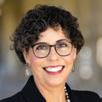
Paula M. L. Moya (English) Faculty Director

Teresa LaFromboise (Graduate School of Education) Faculty Director of Native American Studies
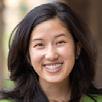
Thaomi Michelle Dinh, PhD Associate Director of Asian American Studies
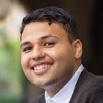
Byron Barahona, MA Core Curriculum Coordinator

Alfredo J. Artiles (Graduate School of Education) Faculty Director of the Research Institute
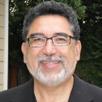
José David Saldívar (Comparative Literature) Faculty Director of Chicana/o-Latina/o Studies

Annie Atura, PhD Executive Director

Shaina Hammerman, PhD Associate Director of Jewish Studies
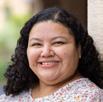
Heidi M. López Finance Assistant and Administrative Associate
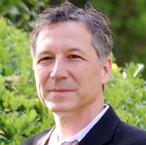
Alberto Diaz-Cayeros (Freeman Spogli Institute) Interim Faculty Director of the Research Institute (Spring 2025)

Stephen M. Sano (Music) Faculty Director of Asian American Studies
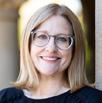
Amy Potemski, MA Administrative Director

Margaret Marietta Ramírez, PhD Associate Director of Chicana/o-Latina/o Studies
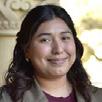
Kenia Blanco Álvarez Research Institute Coordinator

Ramón Saldívar (English and Comparative Literature) Faculty Director of Academic Programs

Vered Karti Shemtov (DLCL) Faculty Director of Jewish Studies
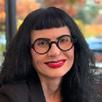
Bridget Algee-Hewitt, PhD Senior Associate Director of the Research Institute
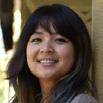
Raquel Navarro Calara Student Services Officer

Charleny Martinez Reyes Core Course Associate
Hien Do, Asian American Studies
Katherine Nasol, Asian American Studies
Maytha Alhassen, CSRE
Valerie Red-Horse Mohl, CSRE
Michael Wilcox, CSRE and Native American Studies
Jonathan Branfman, Jewish Studies
Rebecca Glasberg, Jewish Studies
JoEllen Anderson, Native American Studies
Sterling HolyWhiteMountain, Native American Studies
Sharon Nelson Barber, Native American Studies
Delphine Red Shirt, Native American Studies
Brett Shelton, Native American Studies
Carson Olivia James Smith, Native American Studies
ENROLLMENT BY THE NUMBERS (AS OF MAY 2025)
Active undergraduate majors and minors:
64 14 active majors active minors
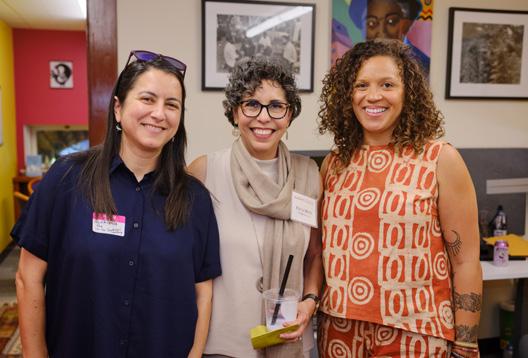
50
27 graduating majors
22 graduating minors


Kieve Lecture
Galarza Lecture
Indigenous Language
Liberation Conference



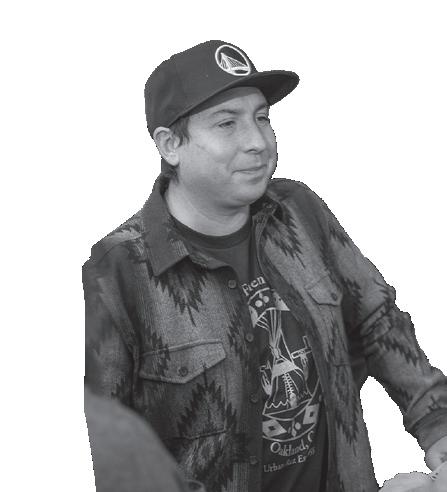
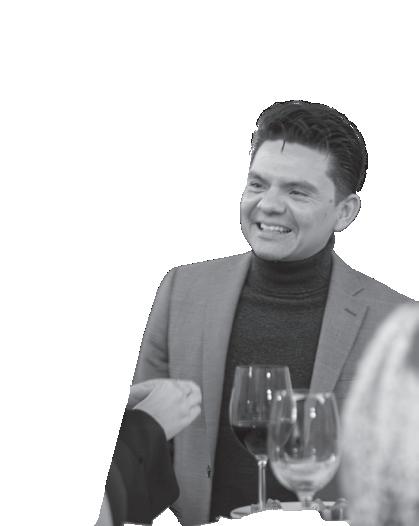
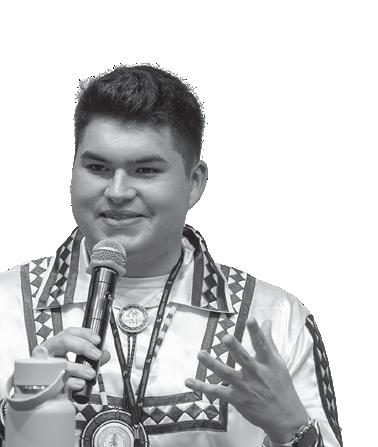
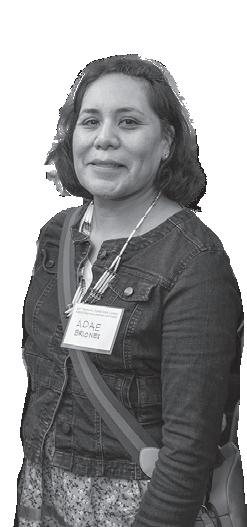
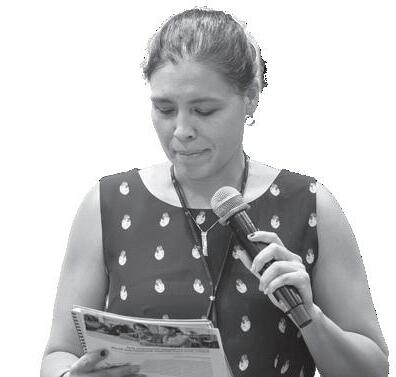

On January 30, 2025, prize-winning author Tommy Orange visited the Center for Comparative Studies in Race and Ethnicity to deliver the 20th Annual Anne & Loren Kieve Distinguished Lecture. Orange is an enrolled member of the Cheyenne and Arapaho Tribes of Oklahoma and the author of There There (2019) and its prequel/sequel Wandering Stars (2024). There There was a finalist for the 2019 Pulitzer Prize and the winner of the American Book Award, the PEN/ Hemingway Award, and the John Leonard Prize.
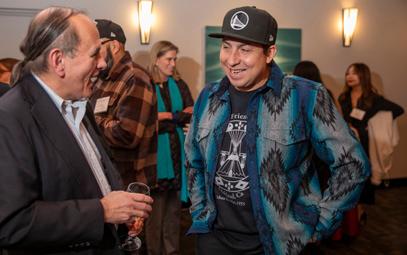
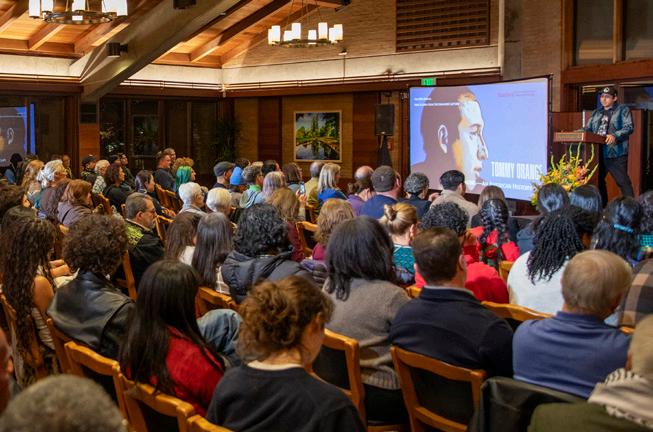


Mr. Orange’s lecture, “Pretending—An American History,” was held at the Stanford Faculty Club and was attended by over 200 people from Stanford and the greater Bay Area. After talking about his previous experience of working with people from Stanford, he gave a reading from his forthcoming novel about a writer who discovers, after publishing a novel about Native Americans, that he might not have Native ancestry. Mr. Orange hopes to raise questions involving Native blood quantum, identity construction, the history of White Americans ʻplaying Indian,’ and what it means to be a writer.
After the reading, Mr. Orange was joined onstage by CCSRE Faculty Director Paula Moya. After queries that touched on the titles of his books, the impact of the Residential Boarding Schools, the role of historical memory, and how he imagines his historical characters, Professor Moya concluded with a question about how he maintains hope as an artist and person living in a difficult era. The conversation was wide-ranging and touched in a compelling way on the place of art during uncomfortable times.
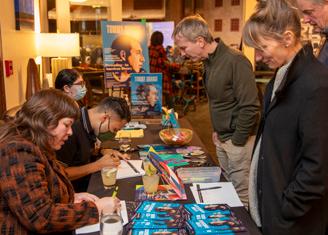

1. Matt Snipp speaking with Tommy Orange 2. Kieve Lecture audience listening to Orange 3. Annie Atura, Tommy Orange, Paula Moya, Ramón Saldívar 4. Loren Kieve 5. Kieve Lecture sign-in table 6. Chris Clarke, Gina Hernandez-Clarke, Sterling HolyWhiteMountain 7. Sheela Subramanian, Anne Kieve


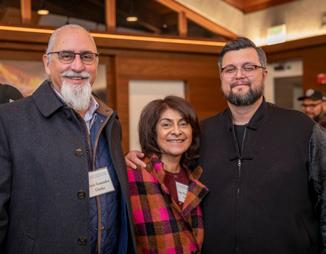
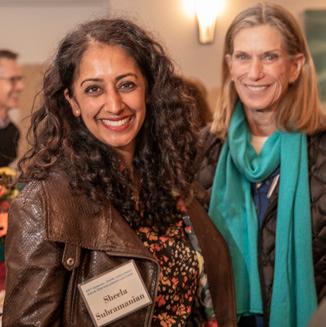
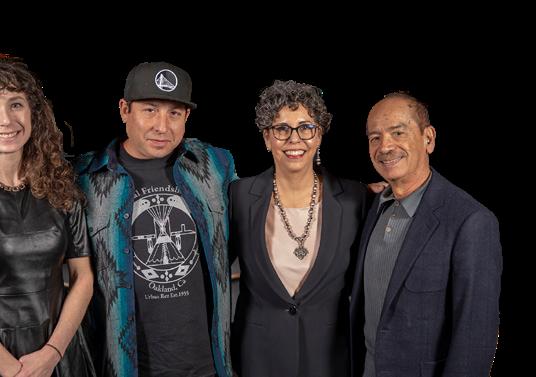
On February 13, 2025, Chicana/o-Latina/o Studies welcomed Dr. Alex E. Chávez, Associate Professor of Anthropology at the University of Notre Dame, to deliver the 2025 Ernesto Galarza Lecture. Chávez’s lecture, titled “The Afterlives of Sound: Memory, Ethnography, & the Borderlands,” powerfully explored identity, migration, and cultural expression.
Honoring Ernesto Galarza’s legacy, Chávez highlighted the struggles Latinx communities continue to face while emphasizing the resilience and creativity that shape their lived experiences. One of the most compelling ideas from Chávez’s talk was the role of storytelling, whether through music, oral histories, or personal narratives, as a means of resistance and affirmation. Just as Galarza documented the labor struggles of migrant workers, Chávez’s work reminds us that culture itself is a form of labor, an effort to sustain identity and belonging in the face of displacement.
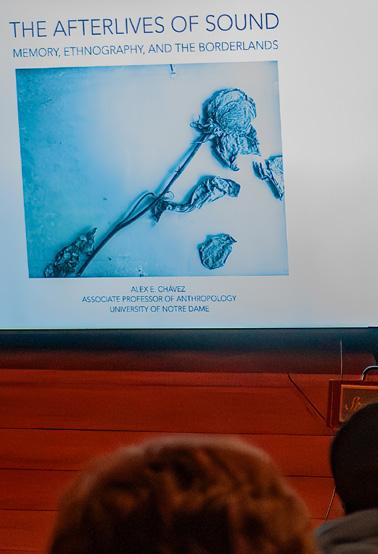
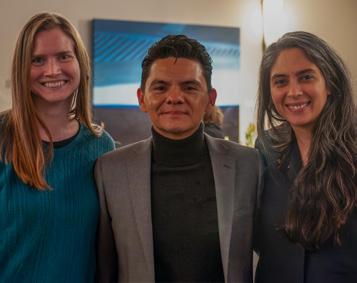
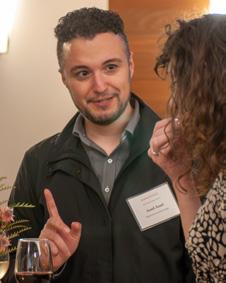


Ultimately, Chávez’s reflections resonate deeply with Galarza’s vision, one that blends intellectual inquiry with an unwavering commitment to social justice. His lecture challenges us to listen, to remember, and to act, carrying forward the stories that define our communities. A big thank you to Dr. Alex Chávez for his inspiring words, his dedication to amplifying marginalized voices, and for continuing the legacy of Ernesto Galarza. His insights serve as both a reminder and a call to action, encouraging us all to engage critically, compassionately, and courageously in the work ahead.
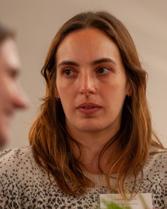
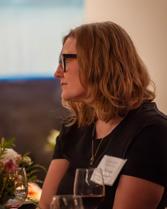
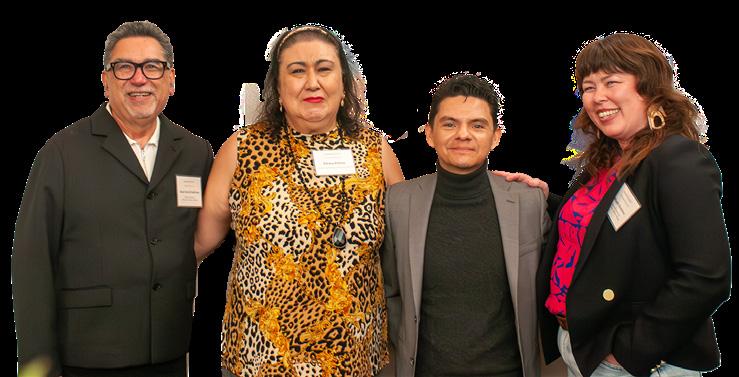


On April 16th, 2025, a diverse community of scholars of Indigeneity from across the nation convened at the Stanford Graduate School of Education for a day-long conference to engage the topic of Indigenous language revitalization. Over 100 scholars and practitioners attended the conference. Many of these attendees were also current and former Stanford students.
Indigenous language learning has shown positive outcomes for educational and psychological resilience in Indigenous communities. This source of sociocultural resilience is a burgeoning topic of inquiry among scholars trying to understand its underlying mechanisms to appreciate traditional knowledge, reawaken dormant Indigenous languages, and to proliferate impactful educational and psychological interventions in a context of Indigenous selfdetermination more fully.
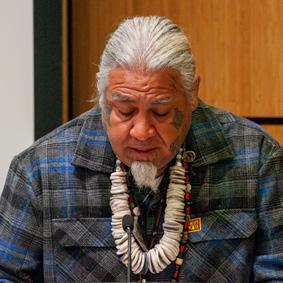
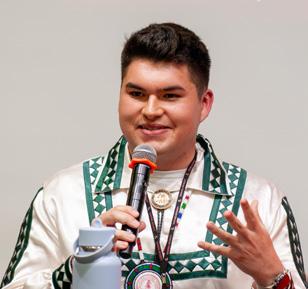
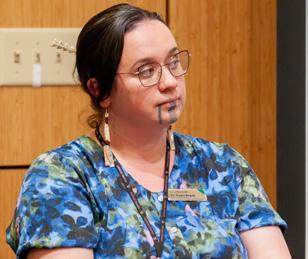
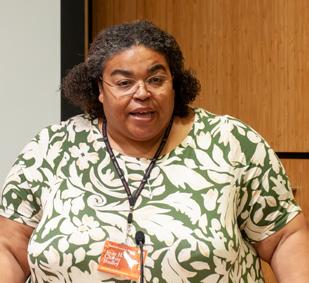

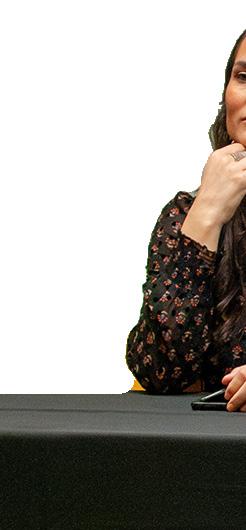

This event was part of a larger Indigenous language revitalization effort, followed by a two-day Diné Bizaad (Navajo Language) convening on the Stanford campus for a workshop by Distinguished Professor Tiffany Lee of the University of New Mexico. A number of members from the Duckwater Shoshone, Ely Shoshone, and Confederated Tribes of the Goshute Reservation were in attendance at the Indigenous Language Liberation Conference and were part of a collaborative meeting with key Indigenous language scholars, including distinguished Professor Teresa McCarty of the University of California, Los Angeles.
1. Ryan Duncan 2. Kayla Begay 3. Joseph Iyolopixti Torres 4. Anne Charity Hudley 5. James McKenzie, Tiffany Lee, Teresa McCarty, Sheilah Nicholson, Thomas Jacobson 6. Teresa LaFromboise, Alberta Arviso 7. Haley Shea, Miigis Gonzalez, Alberta Arviso
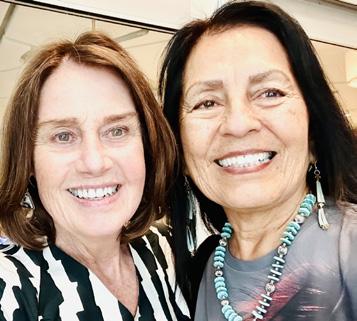
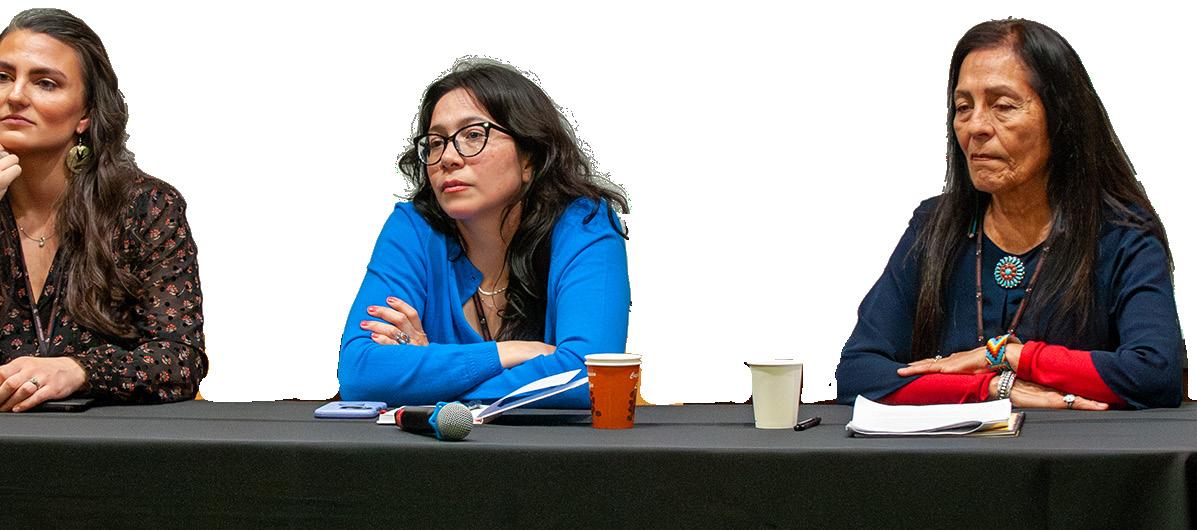

CCSRE undergraduate and graduate programs advance racial equity through interdisciplinary training, innovative research, and community engagement

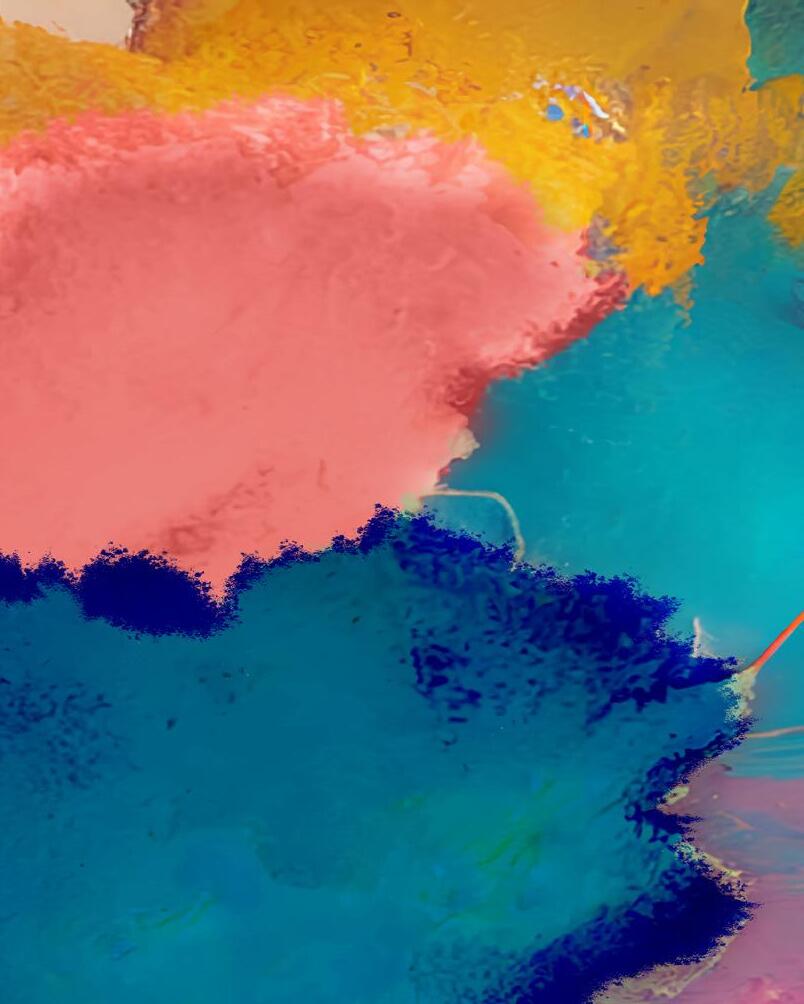
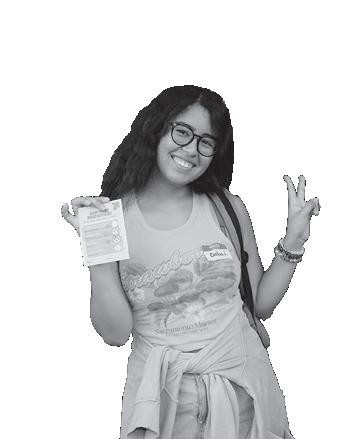
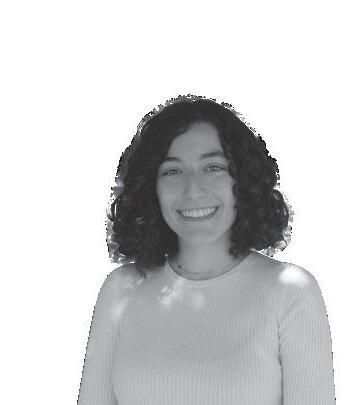
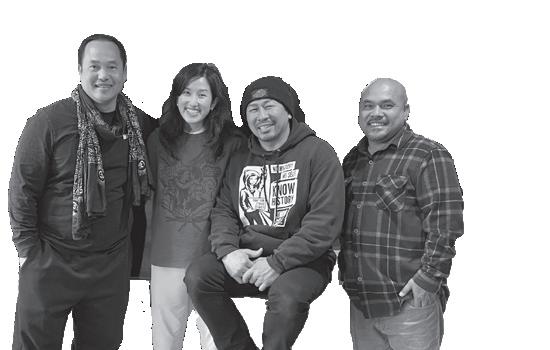
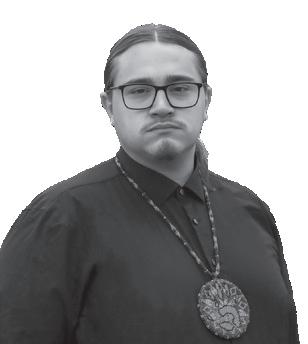
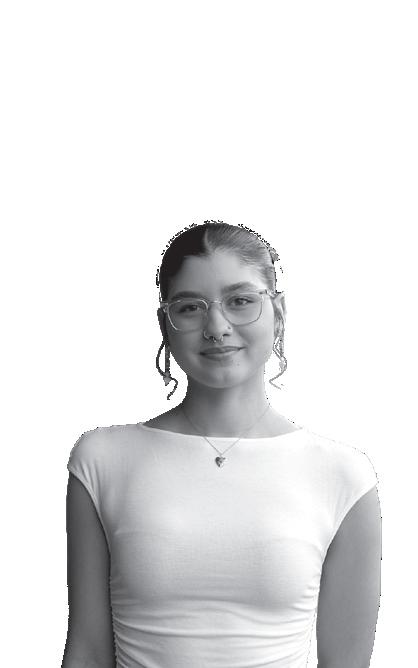

The Program in Comparative Studies in Race and Ethnicity (CSRE) explores how race and ethnicity shape global history, undergird our social systems, and touch every aspect of our lives. Our interdisciplinary courses empower students with the tools to research and understand inclusivity, equity, diversity, accessibility, and justice.
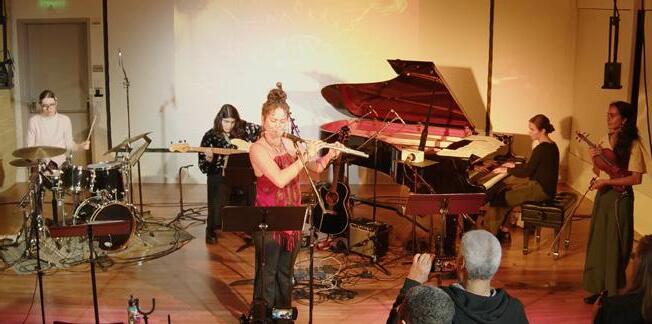
Featured student: Rabiah Kabir, “The Jezebel Flute: Female Jazz Flute Players, Black Feminism and ‘The Masculine Jazz Spectrum’” Rabiah’s thesis, “The Jezebel Flute: Female Jazz Flute Players, Black Feminism and ʻ The Masculine Jazz Spectrum,’” along with her debut album, Jezebel: Rewritten, have represented an incredible journey of self-discovery and creative thinking. Rabiah writes, “When I arrived at Stanford, I wondered how I would balance my interest in social justice, music and academics. Comparative Studies in Race and Ethnicity provided for me an opportunity to hold all of my passions at once, and funneled me towards a final project I am immensely proud of.”

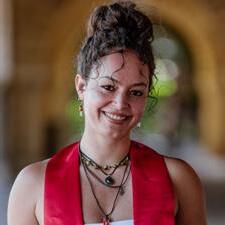
Featured student: Saimary Velázquez Carrasquillo, “Casa Zapata Archive: Exploring the History and Evolution of Stanford’s Latinx Ethnic-Theme Dorm through Archival, Visual, and Spatial Documentation”
Saimary’s Senior Project incorporates digital storytelling and an interactive multimedia format to trace Casa Zapata’s history, rooted in student activism. Engaging with archival materials, Saimary confronts the silences embedded in institutional curation. Saimary’s time as a dorm resident and staff provided an intimate perspective on how the dorm’s community continuously reimagines the space, challenging attempts to co-opt or limit the daily acts of resistance and belonging they create. Their CCSRE coursework further equipped them with critical frameworks to analyze these dynamics while centering student experiences.
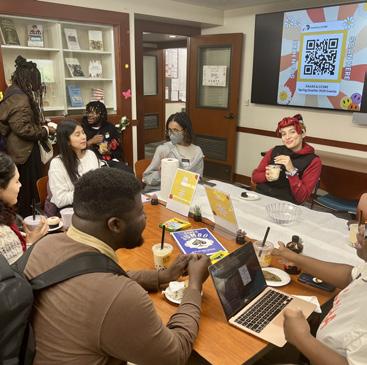
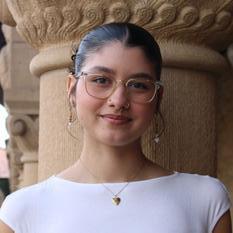

The Department of African & African American Studies and the Center for Comparative Studies in Race and Ethnicity hosted a Spring Party for undergraduates, graduate students, staff, and faculty directors to celebrate and close out the winter quarter. The DAAAS and CCSRE communities came together to decompress with mingling, painting pots and planting succulents, and setting intentions and goals for the spring quarter. The celebration featured lively conversations, creative expression, and a shared sense of anticipation for the quarter ahead.
Featured course: “Palestine Across Disciplines: An Introduction”
Instructor: Sharika Thiranagama
“Palestine across the Disciplines: An Introduction” brought together a multidisciplinary teaching team of Stanford faculty, lecturers, staff and invited guests from across the Bay Area. Each session tackled a different theme, readings and teaching expertise to cover social history, anthropology, religious studies, education, heritage, social movements, poetry, literature, and film. Highly popular sessions included a moving session on the history of Palestinian music, which included playlists created for the sessions. Another brought three Palestinian poets to class to read their poetry and answer questions; yet another examined and analyzed contemporary and classic Palestinian poetry.
Asian American Studies encompasses a diverse range of peoples, cultures, and academic foci. Our course offerings draw not only from the Humanities and Sciences, but from the Schools of Medicine, Law, and Education as well. This year, AAS welcomed scholars and activists for guest lectures and teach-ins, hosted artists and filmmakers to mark 50 years of Southeast Asian American refugee resettlement, sponsored 13 undergraduate students to attend the annual Association of American Studies Conference in Boston, and more.
Featured course event: Crimmigration and Deportation in Asian America
Asian American Studies welcomed members of the Asian Prisoner Support Committee, who gave a powerful presentation on crimmigration and deportation. The APSC 4—Borey “Peejay” Ai, Ke Lam, Chanthon Bun, and Maria Legarda—shared their experiences as formerly incarcerated organizers fighting criminalization and building community, and students described their stories as eye opening and life changing. After the event, students from “Introduction to Asian American Studies” created a zine including written reflections, artwork, and more.

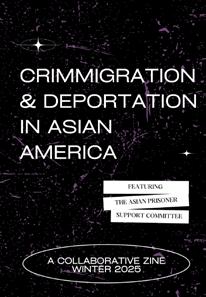
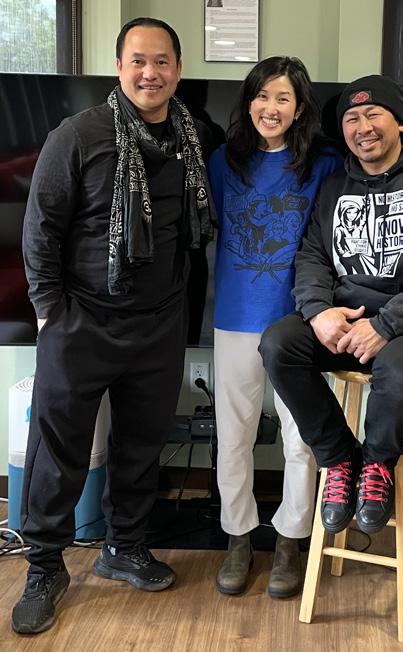
Featured student project:
Phong Nguyen, “Bắt Đầu Từ Đầu, Embodied: Vietnamese American (Re)Constructions of Abolitionist Counter-Theater”
With support from Bing Honors College, Stanford Humanities Center, and CCSRE, Phong’s senior thesis examines how Vietnamese American political performers engage in the reversal of the traditionally whitedominated theater by reimagining these spaces as sites of resistance. His research explores the transformative potential of theatrical performance as an abolitionist practice and critical counter-narrative to confront the Southeast Asian American deportation crisis.
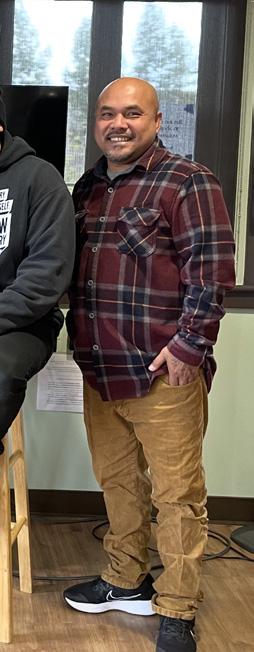
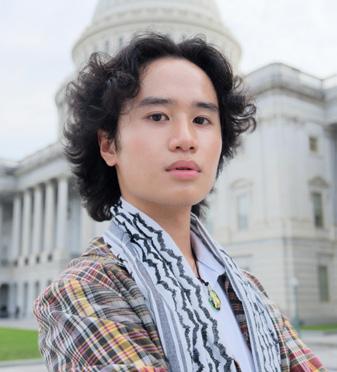
Featured event:
Teach-In: Arab American Studies in Ethnic Studies
Activists and scholars Lara Kiswani (Arab Resource Organizing Center) and Samia Shoman (Liberated Ethnic Studies Model Curriculum Consortium) led a powerful teach-in on the crucial relationship between Arab American studies, Asian American studies, and ethnic studies. They emphasized the importance of support and advocacy for the inclusion and teaching of Palestine in Asian American studies and beyond, and how the struggle to teach liberated ethnic studies concerns us all.

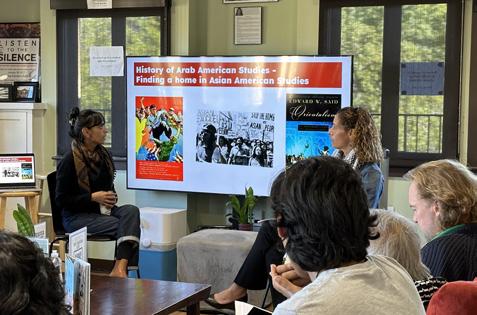
The Chicana/o-Latina/o Studies program offers interdisciplinary analytical tools for studying the historic and contemporary experiences of US-based descendants of people from Latin America and the Caribbean—a group that is politically complex and ancestrally heterogeneous. The curriculum critically analyzes a broad selection of topics through core courses as well as cross-listed courses in Anthropology, Art and Art History, Comparative Literature, Education, English, History, Sociology, and more.
Featured course:

CHILATST 100: Introduction to Latinx Studies
In fall 2024, Dr. Magie Ramírez, Associate Director of Chicana/o-Latina/o Studies, and 11 undergraduates ventured to the Oakland Museum of California to view the exhibition Calli: The Art of Xicanx Peoples. Curator Gilda Posada gave the group a private tour of the exhibition, recounting the histories behind the pieces as well as their curatorial vision for the exhibit. Students connected the pieces with the texts they were reading in class, learning about the many forms of cultural production that Latinx communities create, as well as the histories of Chicana/o arts movements in the US.
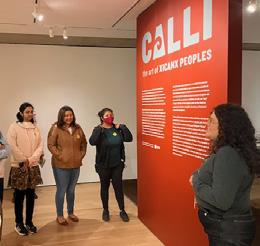
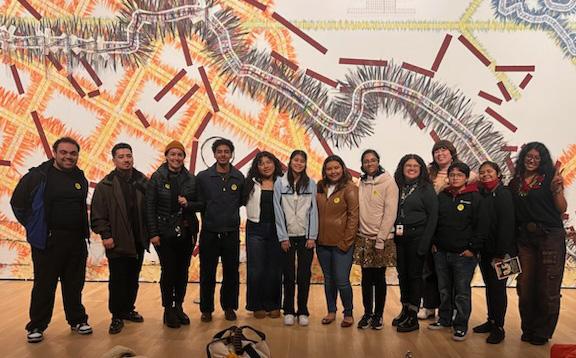

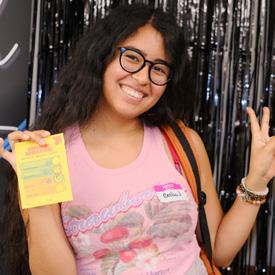
Featured event:
On Wednesday January 22nd, Chicana/o-Latina/o Studies hosted Ramona Garcia, a paper-mâché and visual artist who draws inspiration from the folk art of her home community of Guanajuato, México. In her workshop at the Anderson Gallery, Garcia guided participants in crafting paper-mâché dolls, sharing the origin stories of the Muñeca Lupita from México, and explaining how she views doll-making as a powerful healing practice. More than 25 students, faculty, and staff came together to take part in this creative and therapeutic experience, each crafting their own unique and beautiful muñequita.
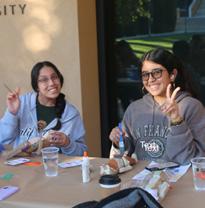
Featured student: Cecilia Xitlali Juarez
Cecilia is a rising junior double majoring in Chicana/o-Latina/o Studies and Psychology. In May 2025, Cecilia was awarded the Mellon Mays Undergraduate Fellowship, a prestigious fellowship offered to undergraduates with exceptional academic promise who intend to pursue a PhD in the humanities and social sciences. Cecilia also co-designed and co-taught the student-initiated course “Isthmian Imaginaries: (Re)Orienting Central America,” centering Central American histories and geographies, which was well-received by CSRE students.

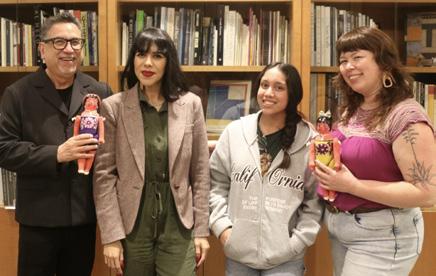
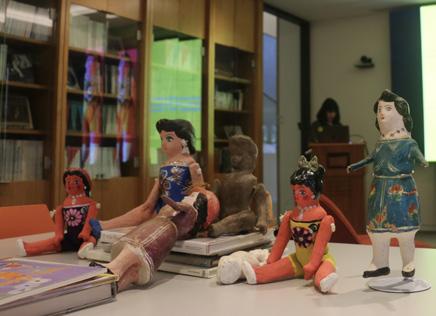

The Native American Studies program offers an array of courses across several disciplines including Psychology, History, English, Creative Writing, Education, Archaeology, Medicine, and Law. All emphasize scholarship and ethical engagement rooted in Indigenous ways of knowing. Representative courses include Federal Indian Law, Native American Creative Writing, Understanding Racial and Ethnic Identity Development, Pueblo Revolt, Indigenous Peacemaking, and American Indian/Alaska Native Mental Health.
Featured course:
NATIVEAM 116: Decolonizing the Indigenous Classroom
Using Indigenous and decolonizing perspectives on education, students who enrolled in this interdisciplinary course examined interaction and language in cross-cultural educational situations, investigating language, literacy, and interethnic communication in Indigenous American classrooms. Special attention was paid to implications of social, cultural and linguistic diversity for educational practice, along with various strategies for bridging intercultural differences between schools and Native communities. Students explored equitable learning in Indigenous communities with a focus on Indigenous self-determination and community survivance. Student projects focused on, among other topics, the Alcatraz occupation, the Dakota Access Pipeline oil spills, the Idle No More environmental protection effort in Canada, and the Kū Kiaʻi Mauna for the protection of Mauna Wākea in Hawai’i.
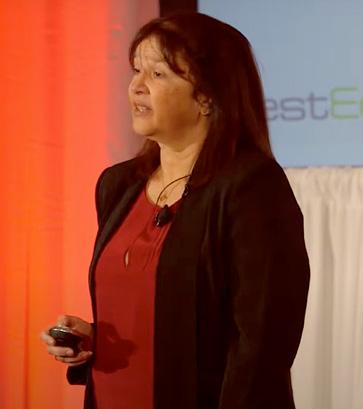

Featured student: Jacob Roe
Jacob Roe is an enrolled member of the Georgia Tribe of Eastern Cherokee and a first-generation college student. He transferred to Stanford University from Sierra College. Jacob writes, “As a Native American student, majoring in NAS is profoundly personal and crucial to my development. I believe NAS will allow me to explore the histories, legal frameworks, and lived realities that shape Tribal sovereignty and Nationhood—especially for non-federally recognized and state-recognized tribes like my own. I will major in NAS to better understand the systems that have marginalized Tribal communities across Turtle Island and build the knowledge base needed to reform recognition processes, advance self-determination, and further justice.” Jacob’s long-term goal is to pursue a JD/PhD in law and NAS and to become a tribal attorney and scholar.
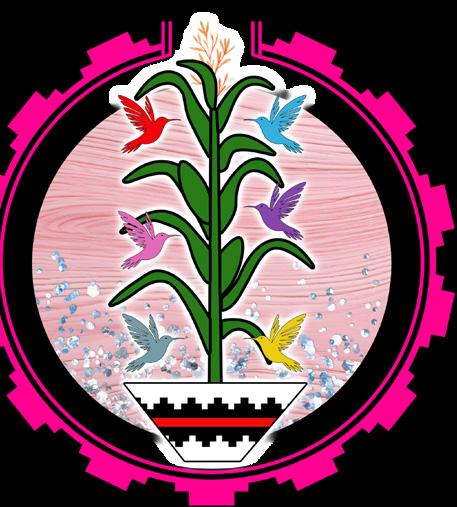


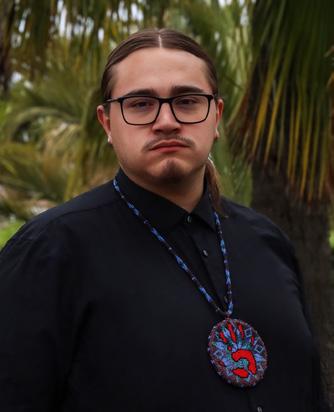
On April 17 & 18, Dr. Tiffany S. Lee, a visiting scholar at Stanford this spring, organized the Diné Language Continuity and Resurgence Convening (DLCR). The purpose of the convening was to build a network of Diné language activists and educators in order to strengthen relationships and plant seeds toward a cohesive movement of Diné language continuity and resurgence. The conveners included a diverse group of educators, health professionals, researchers, and tribal leaders, whose work focuses on Diné language and broader cultural advocacy. The convening also included several Stanford students, both undergraduate and graduate, and well as Stanford staff.
Jewish Studies offers a vibrant interdisciplinary program for the study and understanding of Jewish cultures, literatures, languages, religion, education, politics, and history. In addition to offering courses across the disciplines, including classes focused on the racialization of Jews, Jewish Studies puts on public events and conferences, promoting the scholarship of a world-class faculty and graduate students from various fields.
Featured course: JEWISHST 132: Representing Genocide: The Holocaust and Mass Atrocity on the African Continent
Dr. Rebecca Glasberg, Reinhard Postdoctoral Scholar in Jewish Studies
This course examined how literature articulates relationships between the Holocaust and mass atrocity on the African continent. Students analyzed the ways African literature engages with the Holocaust, assessed the centrality of the Holocaust to representations of mass political violence in Africa, and evaluated theoretical frameworks to consider episodes of historical violence. Students held multiple, conflicting truths together, reflected on how their subject positions affected their approaches, and grew as critical thinkers and analytical writers. One student reflected: “This course has been a profoundly generative and intellectually nourishing space in which I have found the vocabulary and structure to articulate ideas I have long carried but previously lacked the tools or community to fully explore.”
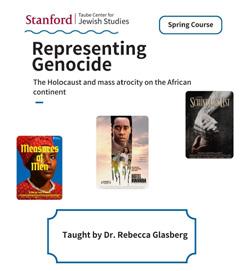



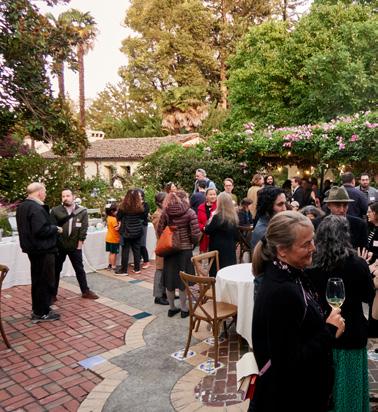

In addition to receiving an inaugural Certificate in Jewish Studies, Chana Lanter served as the CCSRE undergraduate liaison for Jewish Studies, and received the The Donald and Robin Kennedy Undergraduate Award for Best Honors Thesis in Jewish Studies for her thesis, “The Yoetzet and Her Halakha: Discursive Practices of Female Experts in Jewish Law” on which she worked with her thesis advisor, Ari Kelman. Lanter’s thesis explored the discursive practices of yoatzot halakha, Orthodox female experts in menstrual purity law. The project illustrated how yoatzot halakha help women with their relationship to menstrual purity law, such as developing novel legal rulings and using pastoral skills—and the tensions involved in such work.
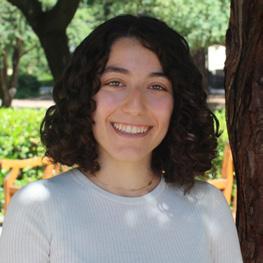
As part of the 2025 speaker series, “Being Jewish Today,” journalist Peter Beinart, author of Being Jewish After the Destruction of Gaza: A Reckoning, discussed how Jewish texts, history and language have been deployed to justify mass slaughter and starvation. Beinart appeared to a full house in conversation with Professor Roland Greene, director of the Stanford Humanities Center. In his talk, Beinart argued that Jews must tell a new story. After this war, he suggested, Jews must do nothing less than offer a new answer to the question: What does it mean to be a Jew?
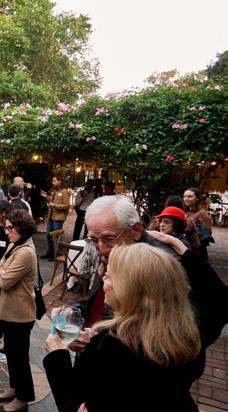

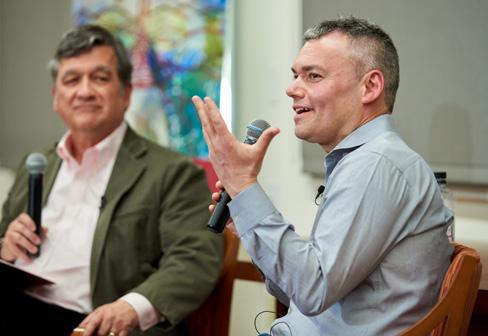
The Ph.D. Minor in Comparative Studies in Race & Ethnicity provides graduate students with a broad interdisciplinary background and prepares them to teach courses in comparative race studies. This year, CCSRE offered its full suite of PhD Minor core courses, including three quarter-long workshops and a Theories and Methods course taught by CCSRE Director Paula Moya. The program continues to be a success, with more than 36 declared doctoral students.
Featured Ph.D. Minor student: Marlon Ariyasinghe
Marlon Ariyasinghe is a 2nd year PhD scholar-artist in Theater and Performance Studies who is inspired by the deeply collaborative and communal nature of performance in which the goal is not completing a finished product, but rather enjoying the process of creating a live, immersive experience with others. For his second year project, Marlon produced a show called “Exorcism” which brought together Rūkuda (puppet theater), Kōlam (dance drama), and Yaktovil exorcism ceremonies.
CBR Fellowships connect undergraduate students with faculty-led research projects that advance racial justice.
Jaeden Clark and Carolyn Considine worked with Grant Parker (Classics; African and African American Studies) on “Museum of Storytelling”
Eliana Contreras and Sebastián Cantu worked with Rebecca Tarlau (Education) on “Educating for Food Sovereignty: Social Movements, Sustainable Agriculture, and Latin American Institutes of Agroecology”
Amy Zhai worked with Alexander Key (Comparative Literature) and Nora Barakat (History) on “Arab Futures and Pasts: Palestine+”
Anthony Nguyen worked with the San Diego Public Defender’s office
Bryant Mendez worked with the Festival of Latin American Contemporary Choreographers
CCSRE CBR Fellowships are made possible by funding from the Vice Provost for Undergraduate Education
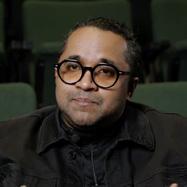

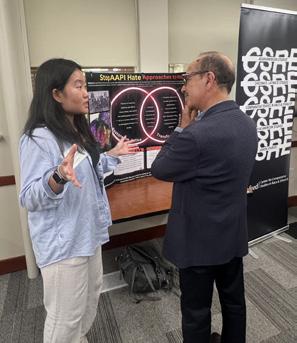

Yousef AbuHashem
This fellowship supports undergraduate students who are committed to bringing scholarship about Palestine to their peers across departments and programs. Yousef AbuHashem was the inaugural CCSRE-Markaz Palestine Fellow and completed his final year in the role. This year, programming associated with the fellowship focused on medicine in Palestine.
Mustafa Barghouti, “A Conversation with Mustafa Barghouti,” October 29, 2024
Dr. Barghouti, MS ’95, a prominent figure in the Palestinian struggle for justice, joined Yousef AbuHashem and over 100 students and faculty gathered at the Hewlett Teaching Center by Zoom from Ramallah, Palestine to discuss the situation in Palestine. Another 70 people tuned into the webinar. While discussing his experience as a medical doctor and a long-serving member of the Palestinian legislative council, Dr. Barghouti expressed the importance of elevating Palestinian narratives and of bringing the peoples’ struggle to the forefront. The event featured an extensive Q&A session and concluded with a catered lunch.
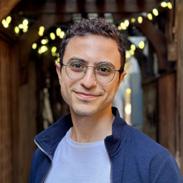
Dr. Israa Saleh, “Stories from Gaza: On Being a Student, a Doctor, and a Woman in Medicine,” February 25, 2025 Dr. Saleh discussed her experience as a doctor specializing in sexual and reproductive health (SRH) in Gaza, where she currently serves as the SRH focal point with Médicins du Monde-France. Dr. Saleh is an alumna of the Liverpool School of Tropical Medicine, where she completed a Master’s as a Chevening Scholar.
Undergraduate Program Liaisons promote and support CCSRE Academic Program events and recruit majors and minors. The Program Liaisons work with staff at community centers to build bridges and to collaborate on mutually beneficial programming. They also provide logistical support for general CCSRE activities.
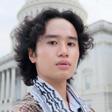
Phong Nguyen, Asian American Studies Program Liaison

Antuaneth Sosa Mejia, Chicana/oLatina/o Studies Program Liaison

Viviana Chuquijajas, CSRE Program Liaison
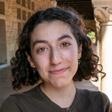
Chana Lanter, Jewish Studies Program Liaison

Demetrius Brown, Native American Studies Program Liaison

The Research Institute drives interdisciplinary knowledge-production through cutting-edge programming and thought leadership on the comparative study of race and ethnicity

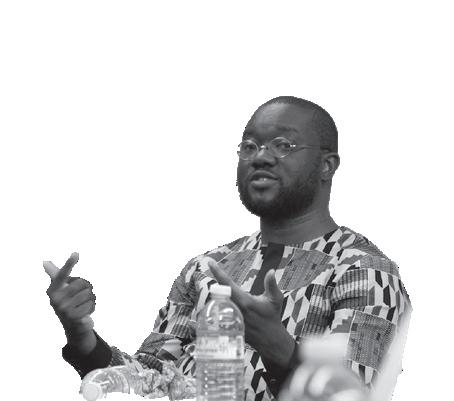

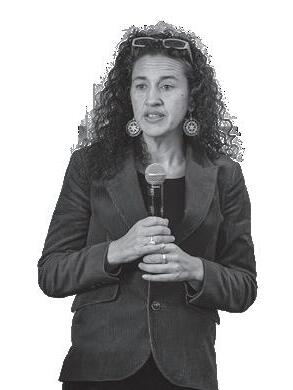
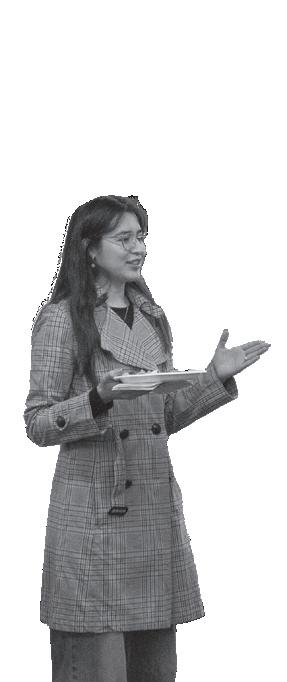
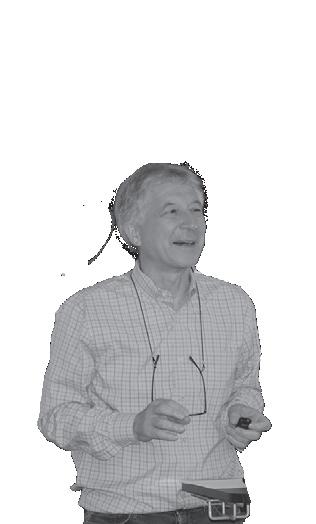
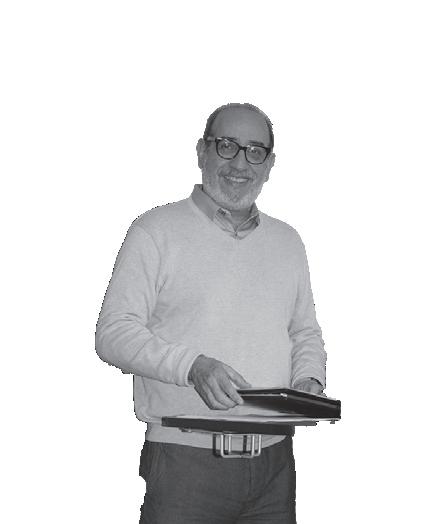
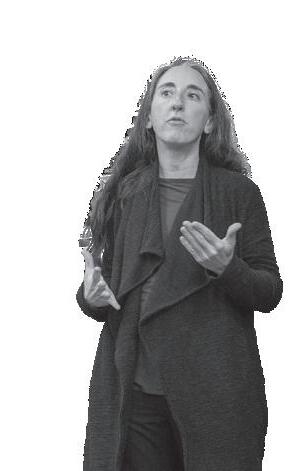
The Faculty Seminar Series features talks that showcase the research of Stanford faculty and distinguished visiting scholars from around the globe who are actively engaged in the production of cutting-edge interdisciplinary knowledge on issues related to race, ethnicity, and inequality across all fields.
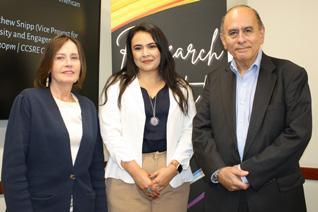
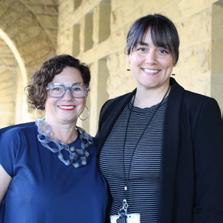
Oct 30Rose Salseda (Art & Art History) “Vision in Ruins,” in conversation with Jennifer DeVere Brody (TAPS and DAAAS)
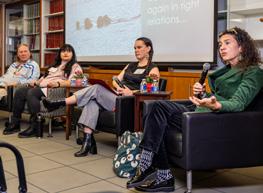
Oct 16- Elizabeth Reese (Law), “Race and Colonialism’s Role in Structuring American Democratic Representation to Exclude Native American Governments,” in conversation with C. Matthew Snipp (Sociology)
Nov 6Ioanida Costache (Music), “Sounding ʻOther’ wise: Roma, Sound, Race” in conversation with Stephen Sano (Music)
Feb 12- “Research in the Real World: Regenerating Indigenous Education Through CommunityLed Projects,” featuring Megan Bang (Northwestern U) and her community partners
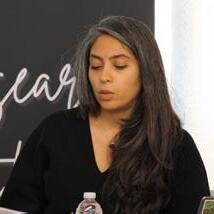
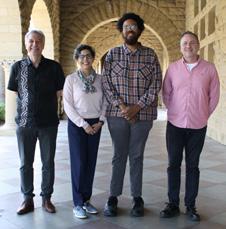
May 7 featuring (GSE), and Systems) in conversation with Alberto Díaz-Cayeros

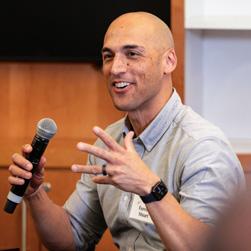


Feb 19“Research in the Real World: Increasing Engagement and Decreasing Crime in San Francisco,” featuring Forrest Stuart (Sociology) and his community partners

May 14“Provostial Fellows Lightning Talks,” in conversation with Bryan Brown (GSE)
May 21Lesley Larkin, (Northern Michigan) “Reading in the Postgenomic Age: Race, Discipline, and Bionarrativity in Novels by Ruth Ozeki, Gerald Vizenor, and Octavia Butler” in conversation with Maria Bo (English)

The Faculty Research Fellows Program fosters knowledge production on race and ethnicity among Stanford faculty by supporting the research of three scholars who have recently published new books on race. The program sponsors quarterly Chautauquas (book salons) that feature the chosen Fellows’ works.
Nov 20- Kathryn Olivarius (History) on “Disease, Immunity, and Belonging in the Cotton Kingdom,” in conversation with Grant Parker (Classics and DAAAS)
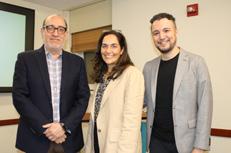
Mar 12- Jennifer Chacón (Law) on “Legal Phantoms: Executive Action and the Haunting Failures of Immigration Law,” in conversation with Asad L. Asad (Sociology)
Apr 30- Kathryn Gin Lum (Religious Studies), “Heathen: Religion and Race in American History,” in conversation with Michele Elam (English)

In March, the Research Institute of CCSRE hosted an Open House featuring presentations by scholars associated with the Center. Professor Alfredo Artiles, Faculty Director of the Research Institute, presented the inaugural Research Institute Mentoring Award to Ramón Saldívar, the Hoagland Family Professor of Humanities and Sciences, and Jordan G. Starck, Assistant Professor of Psychology and Director of the Starck Lab. Professors Saldívar and Starck were selected from among distinguished nominees by a committee of CCSRE faculty, staff, and student affiliates.
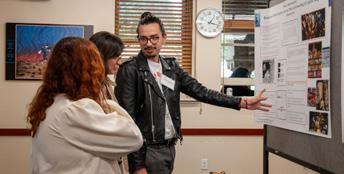
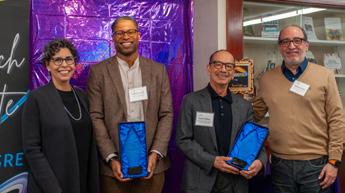
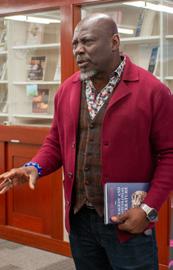
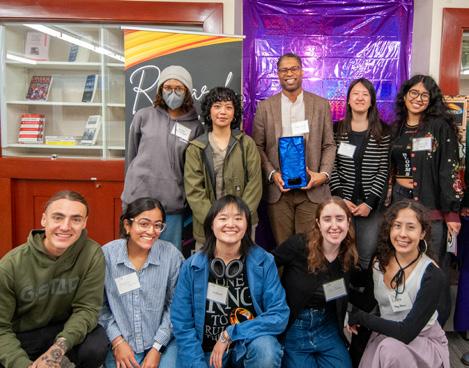
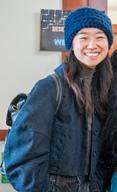


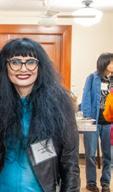

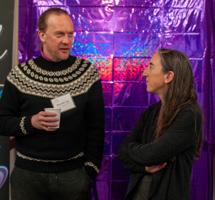

The "Arab Futures and Pasts: Palestine+" Faculty Research Network motivated sustained scholarly engagement with the question of the Palestinian present—in the context of broader currents and comparative moments in the Arab world. Led by Alexander Key (Comp Lit) and Nora Barakat (History), the network focused on questions of power and politics, with an eye to histories of colonialism and extraction but a core focus on genocide, scholasticide, the extensive destruction of the built environment, the upending of Palestinian institutions and the emerging global structures. (Select events were cosponsored by Comparative Literature and the Middle Eastern Studies Forum, among other Stanford entities.)
January 15, 2025- David Larsen,
“Hands at Work: Conditions for the Representation of Banausic Labor in Early Arabic Poetry”
January 16, 2025- Jennifer Mogannam, “Revolutionary Entanglements: PalestinianLebanese Joint Resistance Praxis”
January 24, 2024- Margaret Litvin, “Russian-Arab Worlds: Intimate Foreign Relations”
February 5, 2025- Huda Fakhreddine, “Our Oracle-Ruin: The Arabic Literary Tradition in Light of Gaza”
February 23, 2024- Sireen Sawalha and Sami Hermez, “My Brother, My Land: A Story from Palestine”
February 27, 2025- Amahl Bishara, “Crossing Colonial Lines: Laws, Violence, and Roadblocks to Palestinian Political Expression”
February 27, 2025- Tareq Baconi, “Gaza as Epicenter: Reflections on the Genocide”
March 7, 2024- Sonali Pahwa, “Tastes Like Home: Food and Memory in Dubai's Intergenerational Diaspora”
March 17, 2025- Alissa Walter, “Contested City: Citizen Advocacy and Survival in Modern Baghdad”
April 17, 2025- Perla Issa, “The Endurance of Palestinian Political Factions”
April 22, 2025-Sherman Jackson, “Symposium on The Islamic Secular”
April 29, 2025- Nadim Bawalsa, “Migration and the Transnational Development of Palestinian Political Consciousness in the Early 20th Century”
May 6, 2025-Rami Younis, “Film Screening: Lyd by Rami Younis & Sarah Ema Friedland”
May 14, 2024- Omar Dajani, “Israel-Palestine and the Future of the Nation-State”
May 27, 2025- Halah Ahmad & Maytha Alhassan, “On Palestinian Knowledge Making, Storytelling & Narrative with/in the University”
October 15, 2024- Maha Nassar, “Steadfast on Campus: A Century of Global Palestinian Student Activism”
The Perfecto Project - Paula Moya (English and CCSRE) - in collaboration with Abby King (Epidemiology and Population Health) and James Landay (Computer Science)
Imagining Justice - Jisha Menon (Theater and Performance Studies) and David Sklansky (Law)

CCSRE supports interdisciplinary graduate student teaching and research through three graduate award programs open to incoming and advanced PhD students. Students participate in a biweekly workshop in which they share research, meet with faculty, and develop comparative and interdisciplinary perspectives on the study of race and ethnicity.
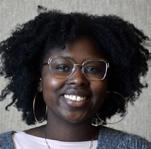
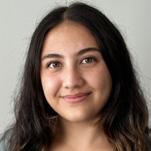

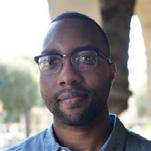
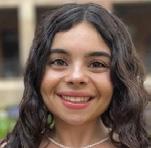



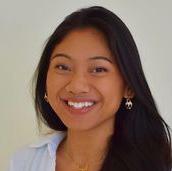


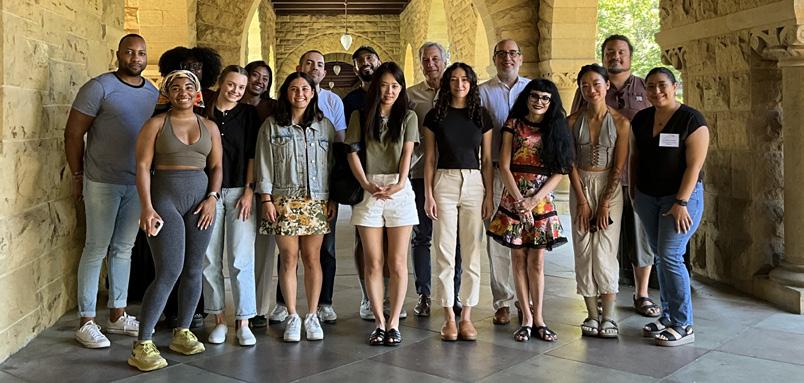
Dissertation Fellows
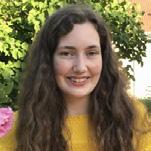
Jenny Evang (Modern Thought and Literature) “Specters and Spectacles: PostRacialism and the Affective Mediation of Scandinavian Identity”
Teaching Fellows

Alexandros Orphanides (Graduate School of Education), Community Engagement Fellow
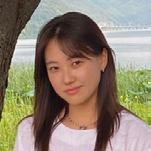
Zoe Ryu (Theater and Performance Studies) “Ecstatic Care: A Comparative Study in Race, Religion and Performance”
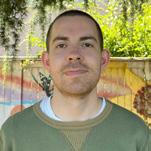
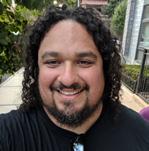
Jorge Garcia (Graduate School of Education) “Attuning to learning’s joyful dimensions as decolonial pedagogical practices; a multimedia study of learners’ and educators’ affective experiences of literacy learning in an urban after-school community center”
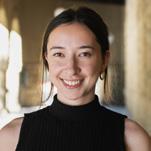

The CRC was a multi-year, multi-university partnership that included the Center for the Comparative Studies in Race and Ethnicity (CCSRE) at Stanford; the Center for the Study of Race and Ethnicity in America (CSREA) at Brown University; the Center for the Study of Race, Politics and Culture (CSRPC) at the University of Chicago; and the Center for the Study of Race, Indigeneity, and Transnational Migration (RITM) at Yale University. The project concluded in December 2024.
In October 2024, the Yale Center for the Study of Race, Indigeneity, and Transnational Migration gathered faculty, students, and artists from around the country for a concluding plenary. The two-day program included panels, roundtables, and showcases that built upon the important interventions each center has cultivated over the four-year collaboration. Panels included a celebration of the Teaching Race in Difficult Times multi-year collaboration and the Race and the Speculative panel that featured insights from the Stanford University convening held in January 2023. Special guests included Tricia Rose, Jennifer Richeson, Ana Minian, Stephen Pitti, Alicia Schmidt Camacho, Paula Moya, Ramon Saldívar, Gina Miranda Samuels, and colleagues across the Mellon Centering Race Consortium.
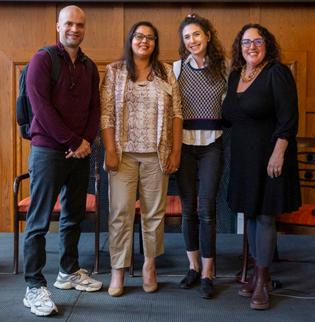
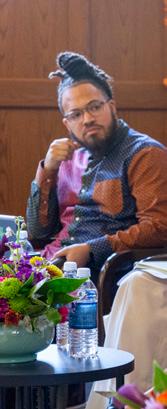
1. Ramon Saldivar speaks as part of Race and the Speculative panel 2. Albert Laguna, Zareena Grewal, Annie Atura, Victoria Stone-Cadena for Teaching Race in Difficult Times 3. Eli Melgar, Ana Minian, Marlon Ariyasinghe, Leslie Luqueño
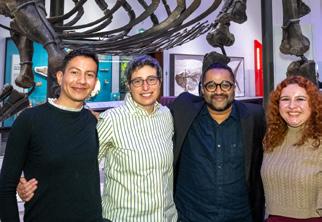



In partnership with the Cantor Arts Center, CCSRE created the CCSRE-Cantor Latinx Art Fellowship to provide voice, access, and acknowledgement to exceptional thinkers on Latinx art who have the potential to drive meaningful discourse in the field. Three excellent scholars were in residence and made public presentations in fall 2024.
Recipients:

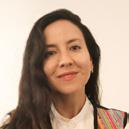
Fernanda Espinosa (American Studies, Rutgers University), “Dwelling the America(s)”
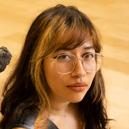
Libbi Ponce (Art, University of California, Los Angeles),
“Material Poetics in ektor garcia’s Work”
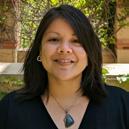
Gabriela RodriguezGomez (Chicana/o & Central American Studies, University of California, Los Angeles), “Honoring Dr. Amalia Mesa-Bains”
CCSRE and Stanford University Libraries offered library access fellowships for faculty to conduct research relating to studies in race and ethnicity using Stanford University Libraries. Seven recipients from a wide range of institutions took advantage of this program:
Heidi Amin-Hong, University of California, Santa Barbara
Che Gossett, University of Pennsylvania
Rudy Guevarra Jr., Arizona State University
Crystal Nelson, University of Colorado, Boulder
Adaurennaya Onyewuenyi, The College of New Jersey
Stephen Pitti, Yale University
ToniAnn Treviño, University of North Texas, Denton
In summer and fall 2024, the Research Institute of CCSRE awarded mini-grants in the amount of $1,500 to Stanford doctoral students studying race and ethnicity in any field, program, or school. Fifteen recipients in fields as varied as Education, Religious Studies, Comparative Literature, Political Science, Anthropology and Epidemiology and Clinical Research used the funds to underwrite fieldwork; travel to conferences to present research findings; purchase research supplies; pay for data analysis, transcription services, and translation services; and do archival work.
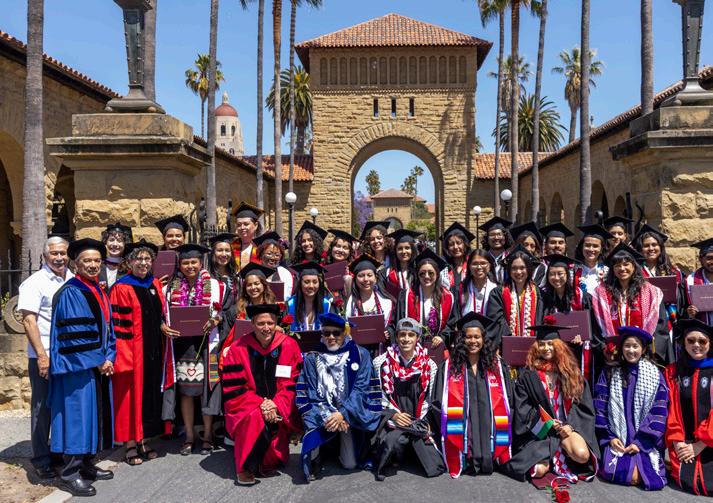
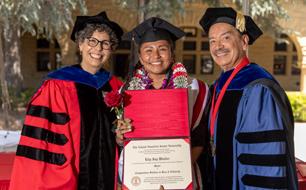
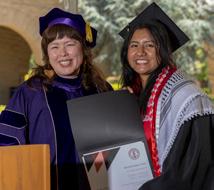
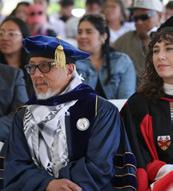


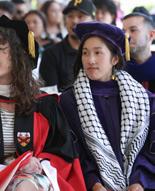

“We are the voices that our communities need. We are the tomorrow that Malcolm X dreams of. Knowledge becomes a facet of the soul and they, those who wish to rewrite history, can never take that from us. We have been at Stanford too long and worked too hard to let that go.”
- Rabiah Kabir, 2025 CCSRE Commencement Speaker
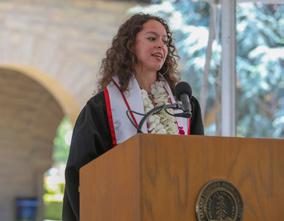
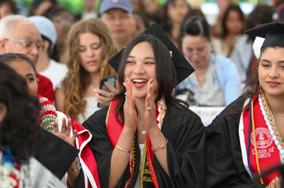
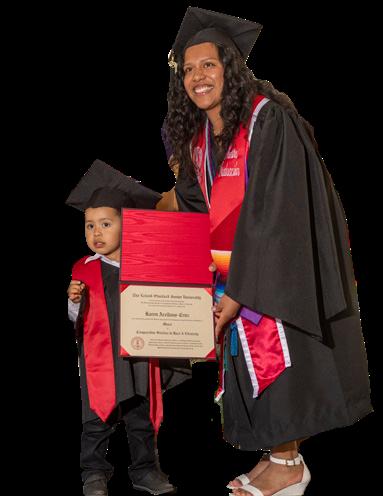
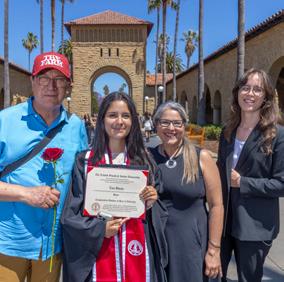

The CCSRE Honors Thesis Program allows CCSRE majors and minors and other enrolled students to apply their skills, knowledge, and political commitments to the year-long investigation of a focused research question.

Raquel Contreras, “| Retoño |,” advised by Jennifer Brody (Theater and Performance Studies)
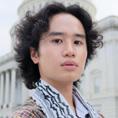
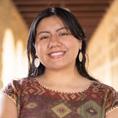
Myrka Odalis Cruz, “El Pueblo is Always With Us: Diasporic Indigenous Oaxacan Transborder Connections and Resistance In Ohio,” advised by Ramón Martinez (Education)
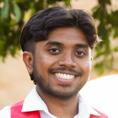
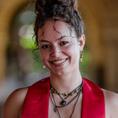
Rabiah Kabir, “The Jezebel Flute: Female Jazz Flute Players, Black Feminism and ʻThe Masculine Jazz Spectrum’,” advised by Jennifer Brody (Theater and Performance Studies)
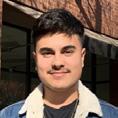
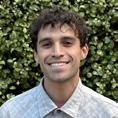
Victor Meza, “Queer Notes on Border Atrocity,” advised by Usha Iyer (Art & Art History)

Phong Nguyen, “Bắt Đầu Từ
Embodied: Vietnamese American (Re) Constructions of Abolitionist Counter-Theater,” advised by Michelle Dinh (Asian American Studies)
Ashwin Prabu, “Freedom or Control? Expanding a Relational Understanding of ICE’s Alternatives to Detention Program,” advised by Asad Asad (Sociology)
Antonio Preciado, “Criminalizing Migration: Deportations, Carceral Geographies, and The Transnational Rise of MS-13,” advised by Pedro Regalado (History)
Eva Saenz, “Tell Me A Story Once We Return: Storytelling as Praxis for Decolonial Reclamation,” advised by José David Saldívar (Comparative Literature)
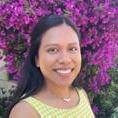

Karen Arellano-Cruz
“Creating an Inclusive Campus: Meeting the Needs of Stanford Student Parents”
Albert M. Camarillo Senior Paper Prize
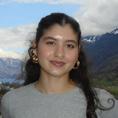
Rabiah Kabir
“The Jezebel Flute: Female Jazz Flute Players, Black Feminism and ʻThe Masculine Jazz Spectrum’”
George M. Fredrickson Award For Excellence In Honors Research & Award for Excellence in Honors
Thesis Presentation

Myrka Odalis Cruz
Arturo Islas, Jr. Prize

Saimary Velázquez Carrasquillo
“Casa Zapata Archive: Exploring the History and Evolution of Stanford’s Latinx Ethnic-Theme Dorm through Archival, Visual, and Spatial Documentation”
Albert M. Camarillo Senior Paper Prize

Ashwin Prabu
“Freedom or Control?
Expanding a Relational Understanding of ICE’s Alternatives to Detention Program” Firestone Medal for Excellence in Undergraduate Research

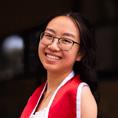
Julia Gendy & YuYu Yuan
Dorothy Steele Award for Community Outreach, Engagement, and Social Justice
Professor Asad Asad (Sociology) received this year’s Faculty Award in recognition of his outstanding service as an instructor, mentor, advisor, and intellectual leader. Professor Asad’s cross-listed courses in CSRE including “Race and Immigration” and the graduate workshop in “Migration, Ethnicity, Race and Nation” are cited time and again as some of CCSRE’s most influential and inspiring offerings. In addition to advising interdisciplinary Honors theses at the undergraduate level and PhD Minors at the graduate level, Professor Asad has also served as a faculty PI for one of Community-Based Research Fellowships and as a CSRE Faculty Fellow.

Phong Nguyen
Margarita Ibarra CSRE Community Building Award
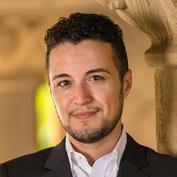


Valerie Red-Horse Mohl (Board Chair) Co-Founder @Known and Chief Financial Officer, East Bay Community Foundation
Victor Arias, Jr. Managing Director, & Partner in Charge, Diversified Search

Loren Kieve Principal, Kieve Law Offices

Roger A. Clay, Jr. President of the Insight Center for Community Economic Development (Retired)


Sheela Subramanian Vice President, Future Forum, Slack
Expenses: (Total: $4,345,710)
Veronica Juarez Social Enterprise Investor, Scout @ Lightspeed Venture Partners; Founder, arturo advisory

Henry Tsai Product Manager, Civic and Elections Products @ Meta

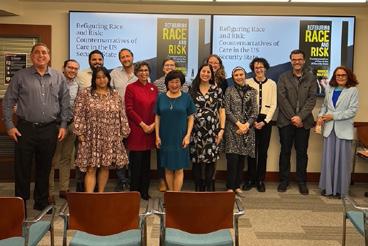

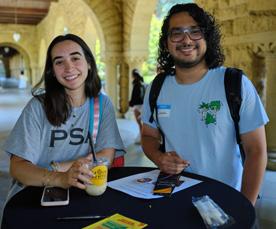
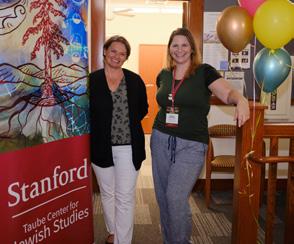
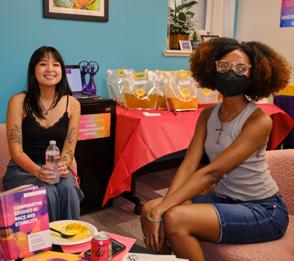
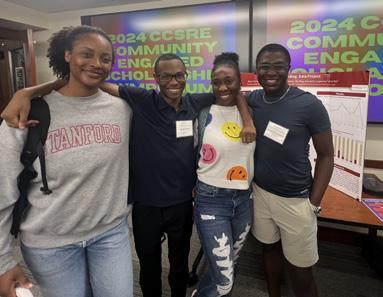
“Maybe we’ll be running our whole lives. Just keep moving. That would be okay. We’ll have strong legs, keen awareness, and big hearts, keeping ourselves and each other going like we belong to that one-day distant future, when we can look back and say this is how we made it, despite everything.”
― Tommy Orange, Wandering Stars

Stanford University Center for Comparative Studies in Race & Ethnicity
450 Jane Stanford Way, Building 360 Stanford, CA 94305
ccsre.stanford.edu